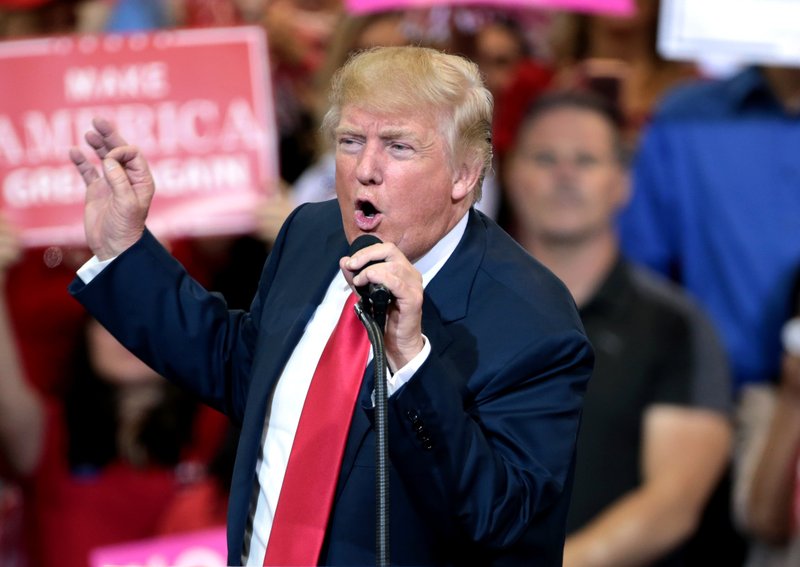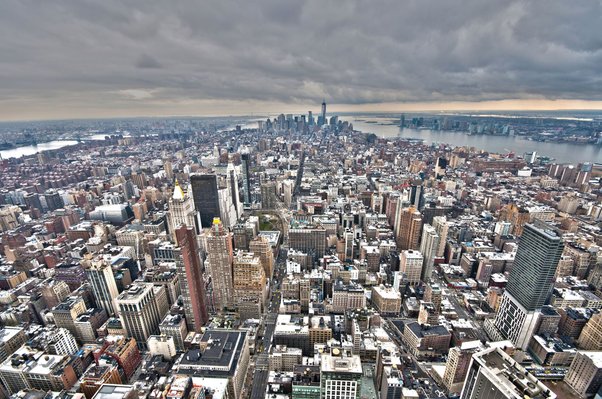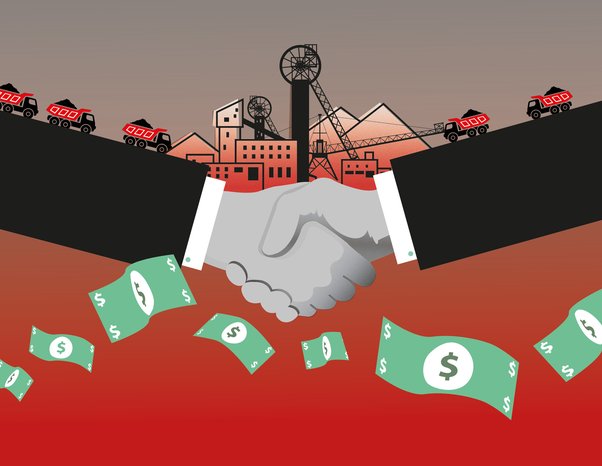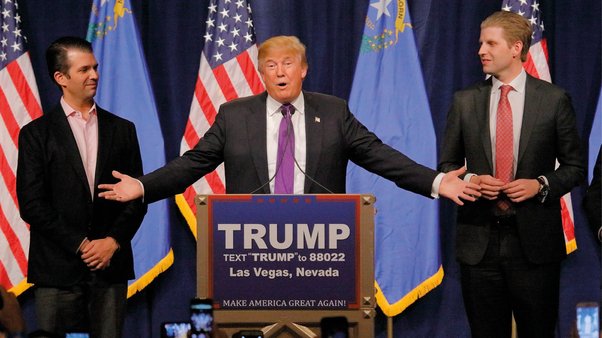If the past year has shown us anything, it’s that there’s been a blurring of the lines between the Trump Organization’s business interests, political decisions made by the administration and Congress, and how tax payer money is spent. That, and Trump continues to profit from his businesses, despite promises to divest.
Trump’s fondness for nepotism echoes the actions of countless corrupt leaders across the world. In an attempt to remove any conflict of interest, Trump handed his businesses over to his children. This fails to address the conflict of interest problem and simply leaves us in the dark about his political motivation. Are decisions made in the interest of the American people, or to benefit himself and his family?
From Angola to Equatorial Guinea and Cambodia, countries where Global Witness has exposed corruption, notoriously corrupt and kleptocratic leaders and their families have profited greatly at the expense of the public good. How were they able to do this? Through consolidating power by putting relatives in high-level positions, censoring and threatening the press, promoting secrecy, and blocking or opposing transparency laws.
Sounds alarmingly like the US under Donald Trump…

Donald Trump’s fondness for nepotism echoes the actions of countless corrupt leaders across the world. Credit: Gage Skidmore
1.) Trump is using his presidency to enrich himself
The Trump International Hotel in Washington, D.C. opened its doors shortly before the 2016 election, and is now a favorite go-to place of foreign governments and industry groups, like the American Petroleum Institute, looking to cozy up to Trump and his administration.
From September 2016 through April 2017, Trump made $19.7 million from the hotel. Officials, diplomats and lobbyists linked to Saudi Arabia, Bahrain, Kuwait and Azerbaijan – all countries perceived to be highly corrupt according to Transparency International’s corruption perceptions index – have chosen to host lavish events at the hotel. Bahrain and Kuwait even shifted events previously booked at other venues to the hotel, according to TIME.
Maryland, Washington D.C., and nearly 200 Democratic Congress members have sued Trump, alleging this violates the US constitution’s foreign emoluments clause, stating that a president may not accept gifts or benefits from foreign governments.
Lawsuits from public interest groups have revealed that several US agencies – such as the National Security Council and Department of Homeland Security – have been spending taxpayer money putting up staff at Trump hotels and resorts since he took office.
A recent investigation by Global Witness, Narco-a-Lago: Money Laundering at the Trump Ocean Club, Panama reveals that Donald Trump made millions from selling his name to a Panama development used to launder money from Latin American drug cartels. Trump’s Presidential disclosures show he was still making money from a management contract for the Trump Ocean Club when he took office in 2017.
2.) Nepotism (aka – appointing one’s own family to political positions)
Nepotism, or when someone uses their position of power to provide a job or favor to a family member or friend, is a tried and trusted method to hold onto and consolidate power, while also allowing family members to profit from public office.
Trump’s appointing his son-in-law Jared Kusher as White House “senior adviser” and his daughter Ivanka Trump as “adviser” raises alarm bells as both are still closely connected to their families’ billion dollar businesses – and rife with potential conflicts of interest.
The Kushner family even came under fire earlier this year in Beijing for appearing to lure $500,000 investments for one of their developments with the prospect of getting an investor visa to immigrate to the US. Kushner’s position at the White House was also referenced at the same event.
Global Witness investigations have exposed similar behavior in countries such as Cambodia and Equatorial Guinea. In the latter, President Obiang uses the country’s oil wealth to enrich himself and his family. Our investigations have exposed how the President’s son and government minister, Teodorin Obiang, has spent millions of dollars sustaining a playboy lifestyle in Europe and the U.S. while earning a government salary of only a few thousand dollars a month.
3.) Censorship and attacks on a free press
Since Trump became president he’s tweeted about “Fake News” 155 times – that’s just about every other day. When faced with critical news, or news not to his liking, he labels it as “Fake News” and attacks outlets and networks like CNN, New York Times, and NBC – even going so far as to suggest NBC’s licenseshould be revoked – in other words, that they should be shut down.
One Sunday morning he tweeted a mocked-up video of him punching and wrestling a figure whose head had been replaced by the CNN logo. The end of the video proclaims that CNN is “FNN: Fraud News Network”. In a world where more and more journalists are jailed and murdered around the world each year – these threats are serious.
This tactic to delegitimize and attack the press is a hallmark characteristic of authoritarian and kleptocratic regimes who want to control information flow and crack down on anything they believe could lead to dissent. In a crackdown on free speech this summer, Cambodia Prime Minister Hun Sen took 33 radio stations off air and the US-backed paper The Cambodia Daily was handed a US$ 6.3 million tax bill it says is politically motivated. In a regime spanning 30 years, Hun Sen has systematically enriched his family and allies, while quashing all political opposition.
4.) A growing clamp down on transparency and accountability
From Angola to Kazakhstan to the DRC, Global Witness’ investigations have shown how secrecy in the natural resource sector entrenches corruption and props up kleptocratic regimes. Trump is now taking a similar approach by attacking a U.S. transparency law and initiatives that aim to help combat natural resource corruption in the US and globally.
The first legislation introduced by House Republicans once Trump took office was an effort to derail Dodd-Frank Section 1504, a bi-partisan anti-corruption and transparency law that requires US listed oil, gas and mining companies to disclose the hundreds of billions of dollars’ worth of payments they make to foreign governments. Ultimately Congress voted to overturn the rule to implement this transparency provision, in what can clearly be seen as a gift to big oil.
While serving as head of Exxon, US Secretary of State Rex Tillerson himself lobbied against this payment disclosure rule. Exxon is being investigated by Nigerian authorities for a deal potentially defrauding the Nigerian people of billions of dollars.
Similarly the Trump administration and House Republicans have attacked the conflict minerals provision of Dodd-Frank, Section 1502. This law requires that U.S. companies carry out supply chain due diligence on their mineral supply chains to ensure that the tin, tantalum, tungsten or gold in their products originating from the Democratic Republic of Congo and neighboring countries have not contributed to armed groups or human rights abuses.
In another telling move, in November, the US withdrew from implementing theExtractive Industries Transparency Initiative (EITI), a multi-stakeholder global anti-corruption program for the oil, gas and mining sector. Another clear win for Exxon and Chevron, whose penchant for secrecy threatens to breed corruption.
This Global Witness article was originally published on Buzzfeed.com


